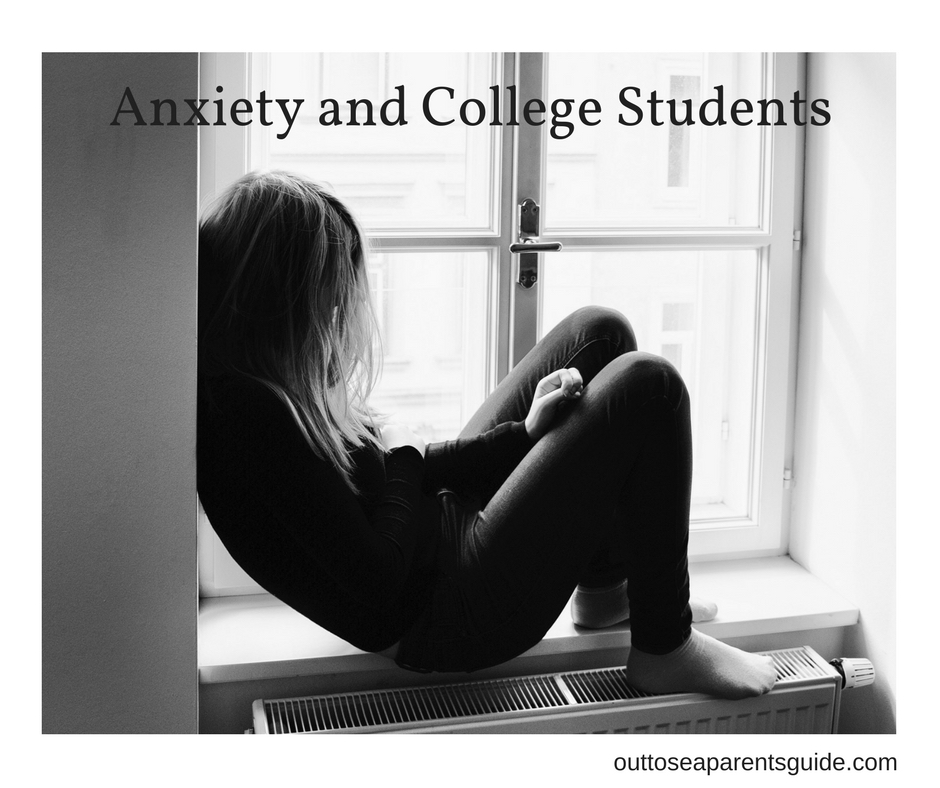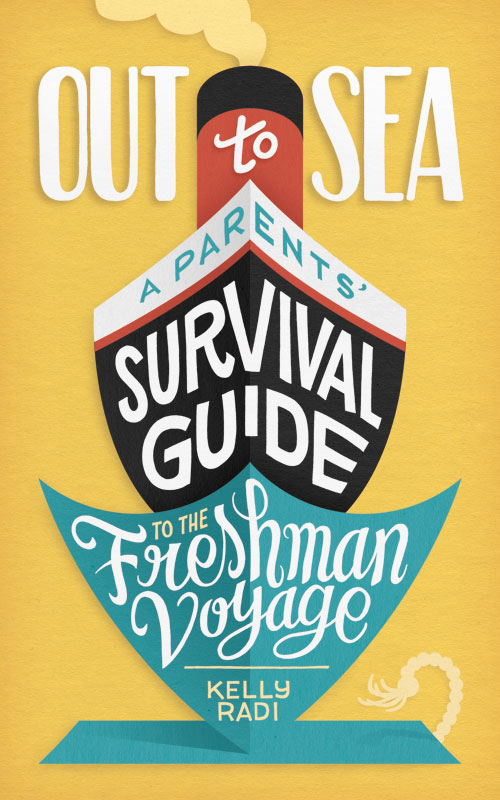
College can be stressful. Students must juggle school, work, friends, and finances, all while trying to figure out the trajectory of the rest of their lives. Feelings of loneliness, uncertainty and isolation can overwhelm even the most well-prepared students. They become stressed. Anxious.
As adults, we know anxiety is a normal part of everyday life. It is often a natural reaction to stress that can help a person stay alert and motivate them to take action. Anxiety can be uncomfortable, but it is usually brief and resolves itself when the stressor goes away or a problem has been fixed.
An anxiety disorder, however, occurs when these feelings of nervousness or fear grow out of proportion to the situation, become difficult to control, and interfere with daily life.
It’s a real thing.
And it’s becoming more prevalent on college campuses. In fact, anxiety has now surpassed depression as the most common mental health diagnosis among college students.
Nearly one in six college students has been diagnosed with or treated for anxiety within the last twelve months, according to a study by the American College Health Association, and more than half of students who visit campus clinics cite anxiety as a health concern.
How can a parent help?
At this age, students are still maturing and developing the coping skills to manage their perfect storm of emotions. Dr. Kimberly Christensen, a pediatric psychologist, reminds parents there is a typical adjustment to college for all students. “There’s excitement and stress, so keep that in mind,” she says. “Even a child who is depressed may be just stressed by college, and some of that stress is good. Parents need to tease out what’s depression and what’s typical stress.”
For many students, time and self-help are enough to pull through a “low” time. However, other students who have more severe feelings of depression or anxiety may benefit from professional treatment. Many students don’t seek help because they don’t realize the seriousness of their situation. They may be embarrassed, they may view their feelings as personal weakness, or they may feel too “stuck” to reach out.
Signs of anxiety
Signs of anxiety are varied and often hard for parents to catch, especially if children attend college far from home. It’s difficult to decide over the phone if she’s just having a bad day or if she’s truly struggling. Here are some signs that your student may need help:
- Negative feelings that persist for several weeks
- Irritability
- Forgetfulness
- Lack of motivation, missing class, procrastination
- Sleep disturbances, difficulty waking up
- Lingering, unidentified illnesses
- Loss of interest in usual activities
- Rapid weight loss or gain
- Difficulties with alcohol or other drugs
Anxiety disorders are treatable
Is your student feeling overwhelmed and out of control? It may be time to suggest a visit with a counselor. The campus counseling center is a good place to start. Licensed professionals are available for confidential consultations and can refer students for further help. Some centers offer drop-in sessions that teach stress-relieving techniques. Often these visits are at no extra charge, paid for by student fees.
Other ways you can support your student
- Be an active listener when your student is feeling stressed or anxious.
- Don’t judge. Just listen.
- Avoid criticizing or belittling the severity of their symptoms.
- Encourage healthy coping strategies. Remind them to get out of bed and out of that dorm room.
- Help them research the next steps they can take for overall wellbeing.
- Don’t stop telling them how much you love them. They may never admit it, but they still need your words of support and validation.
Resources for parents and students:
Anxiety and Depression Association of America
adaa.org
The JED Foundation
jedfoundation.org
You are not alone. Did you know?
One in four students have a diagnosable mental illness
40% do not seek help
80% feel overwhelmed by their responsibilities
50% have become so anxious that they struggled in school
—National Alliance on Mental Illness

*This is an excerpt from Out to Sea: A Parents’ Survival Guide to the Freshman Voyage by Kelly Radi
